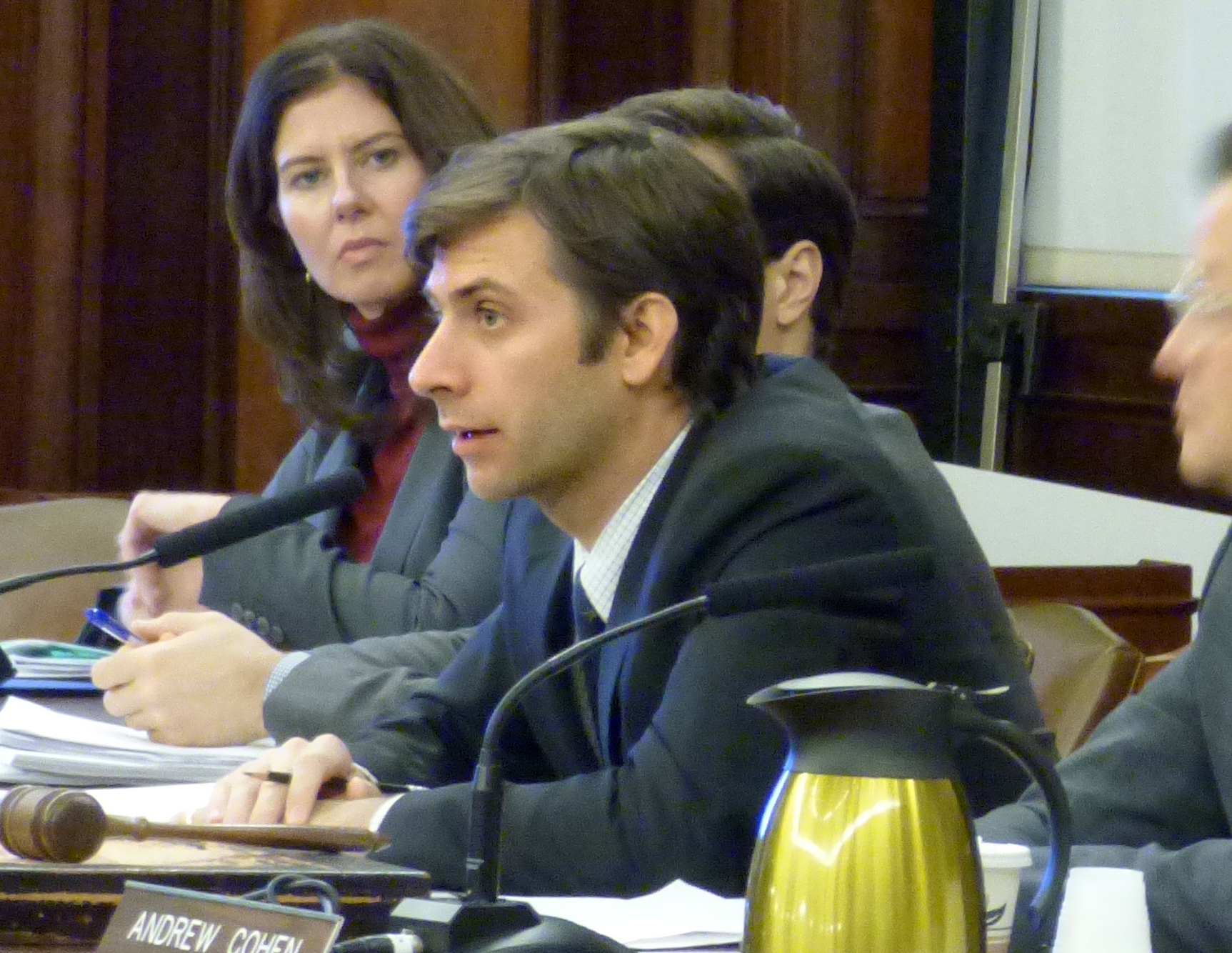NYC Council members pushing state to provide ‘marijuana equity’ for disadvantaged neighborhoods
Levin pushes for cannabis reparations

With Gov. Andrew Cuomo’s backing and legislative support in Albany, the odds of the legalization of marijuana in New York state appear high.
Before that happens, New York City Council members, several from Brooklyn, are pushing to make sure that disadvantaged communities and people convicted of marijuana violations aren’t lost in the shuffle.
Brooklyn officials Stephen Levin, Laurie Cumbo and Carlos Menchaca, and Public Advocate-Elect Jumaane Williams are among the progressive Council members pushing for a cannabis equity program to benefit communities of color who have suffered from past disparities in marijuana enforcement.

Brooklyn Boro
View MoreNew York City’s most populous borough, Brooklyn, is home to nearly 2.6 million residents. If Brooklyn were an independent city it would be the fourth largest city in the United States. While Brooklyn has become the epitome of ‘cool and hip’ in recent years, for those that were born here, raised families here and improved communities over the years, Brooklyn has never been ‘uncool’.